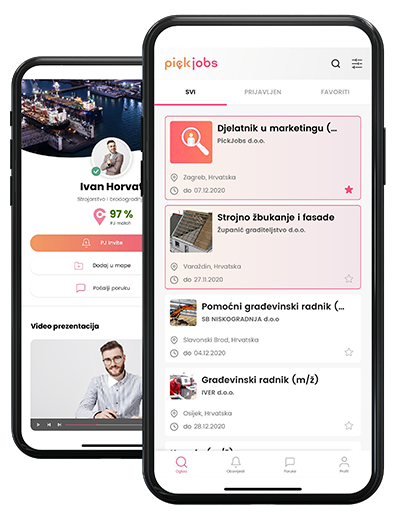In today’s world, technology is rapidly changing the way we live, work, and enjoy ourselves. One of the sectors increasingly feeling the impact of these changes is hospitality. Artificial Intelligence (AI) is becoming a key player in this industry, offering innovative solutions that enhance guest experiences, optimize operations, and boost profitability.
Personalization as the Key to Success
One of the greatest advantages of AI in hospitality is its ability to analyze vast amounts of data and tailor services to individual guest needs. Imagine entering a hotel where the system recognizes you through facial recognition technology, automatically adjusts the room temperature to your preferences, and suggests a nearby restaurant serving your favorite type of food. This is no longer science fiction – it’s a reality enabled by AI.
- Example: Hotels like Hilton use an AI assistant called "Connie" to assist guests with information about the property and local attractions. By analyzing data from previous stays, AI can predict what guests want before they even ask – from pillow types to personalized cocktails at the hotel bar. In restaurants, AI helps create menus tailored to guests’ dietary habits, considering allergies, preferences, and even current trends.
Automation for Greater Efficiency
In an industry where time is often critical, AI aids in automating routine tasks, allowing staff to focus on delivering top-notch service. For instance, AI-powered chatbots increasingly handle guest inquiries 24/7, from table reservations to operating hours. These virtual assistants not only save time but also reduce the costs of hiring additional staff.
- Specifically: In restaurant kitchens, AI assists with inventory management – analyzing ingredient consumption and predicting what needs to be ordered, thus reducing food waste. For example, Miso Robotics developed a robot named "Flippy" that prepares fries, freeing up chefs for more creative tasks.
Enhancing Security and Sustainability
AI also plays a vital role in ensuring security and sustainability in hospitality. AI-based surveillance systems can identify suspicious behavior in hotels or restaurants, enhancing the safety of guests and staff. Additionally, smart sensors linked to artificial intelligence monitor energy, water, and other resource consumption, helping facilities reduce their environmental footprint.
- Practical Example: Hotels can automatically turn off lights and air conditioning in empty rooms, contributing to savings and greener operations.
Challenges and Ethical Considerations
Of course, implementing AI in hospitality comes with challenges. Privacy is a significant concern – guests may not be thrilled about their data being collected, even if it’s to improve service. Companies must ensure transparency and compliance with regulations like GDPR to maintain client trust.
Another challenge is the potential job loss due to automation. However, experts believe AI will also create new opportunities – from programming to roles where the human touch remains irreplaceable.
The Future of Hospitality with AI
Looking ahead, AI will continue to transform hospitality. Virtual Reality (VR) and Augmented Reality (AR) combined with artificial intelligence could allow guests to "tour" a hotel before booking or sample a restaurant’s menu from the comfort of home. Smart speakers like Alexa already enable voice-activated room orders.
Ultimately, AI won’t replace human warmth and hospitality but will complement it. The balance between technology and the human factor will be essential for creating experiences that are both efficient and welcoming. As the industry adapts, one thing is certain: AI is the foundation of hospitality’s future.

 Croatia
Croatia Bosnia and Herzegovina
Bosnia and Herzegovina Serbia
Serbia Crna Gora
Crna Gora North Macedonia
North Macedonia Ukraine
Ukraine Albania
Albania Kosovo
Kosovo Austria
Austria Deutschland
Deutschland Switzerland
Switzerland









